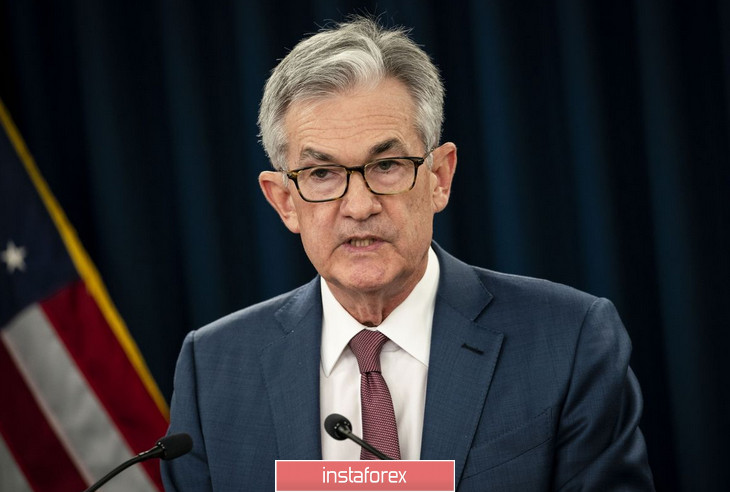
Rates were left unchanged at the recent FOMC meeting, leaving promises not to raise them in the near future, at least until the economy stabilizes.
The sharp economic decline in the US was also noted by the Fed, mentioning the large-scale lay-offs that occurred due to the pandemic. Weak demand and price decline in oil also signal very low consumer activity.
"Disruptions in economic activity here and abroad have significantly affected financial conditions and weakened the flow of loans to US households and enterprises," the Fed said.
The FOMC claims that it could "adjust its plans accordingly", promising acquisitions of treasury securities, as well as agency and non-agency mortgage-backed securities in an amount necessary to ensure smooth function of the market.
Following the meeting, Fed Chairman Jerome Powell mentioned in a press conference the economic consequences of the "violent" steps taken by the country, saying it is unclear how long the economic stress would last.
"The depth and duration of the economic downturn is unknown," said Powell. "The burden is heavy on those who are least able to bear them," he added.
Recent statistics reveal that millions of workers lost their jobs and household spending has plummeted.
The Fed expanded its direct bond purchases on Monday to minimize the increasing budget deficits of states and municipalities. They plan to do more if necessary.
Powell's last statement on April 9 ordered the Fed to use its powers "forcibly, actively and aggressively" until the economy recovers. He repeated the same thing this Wednesday meeting.





















